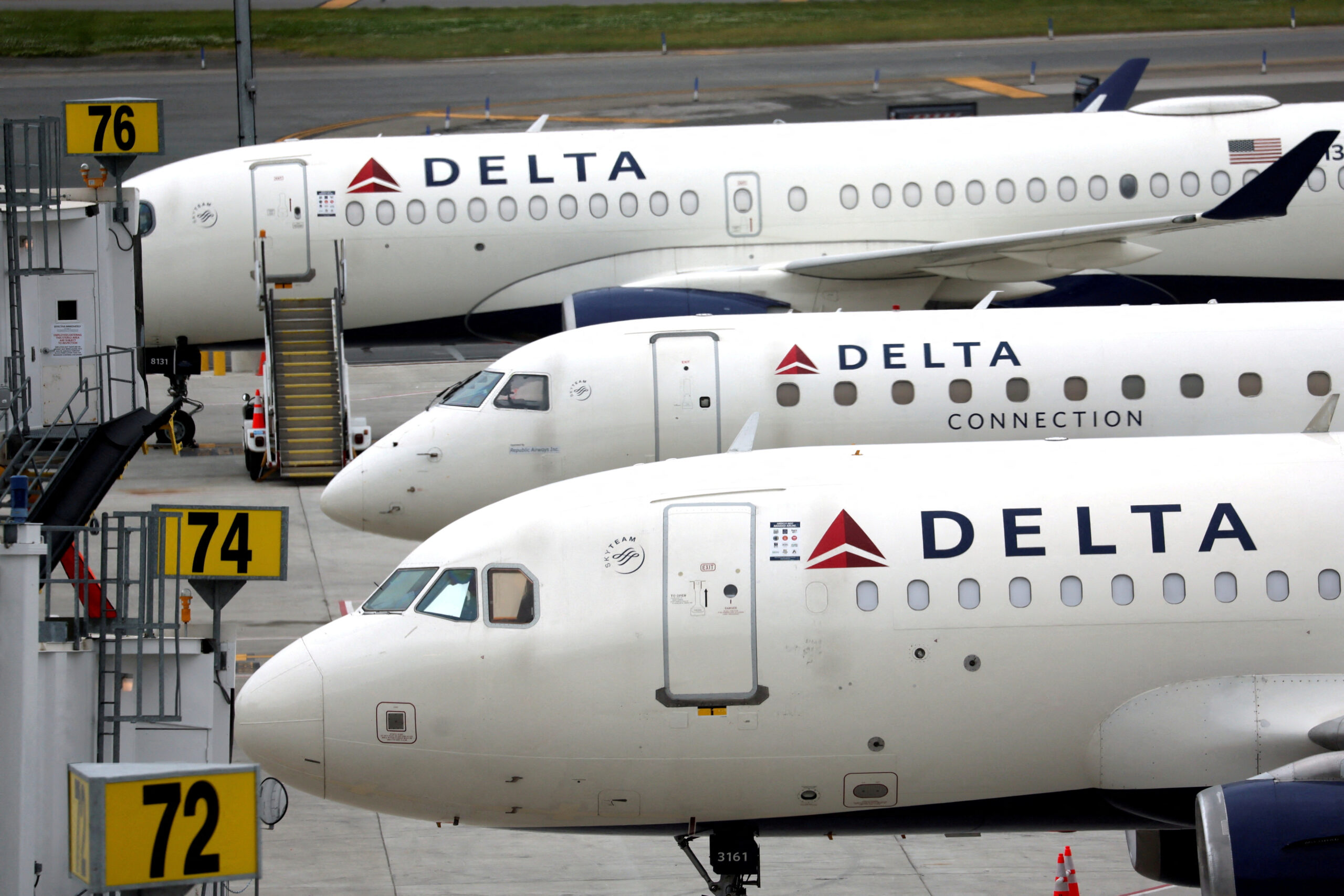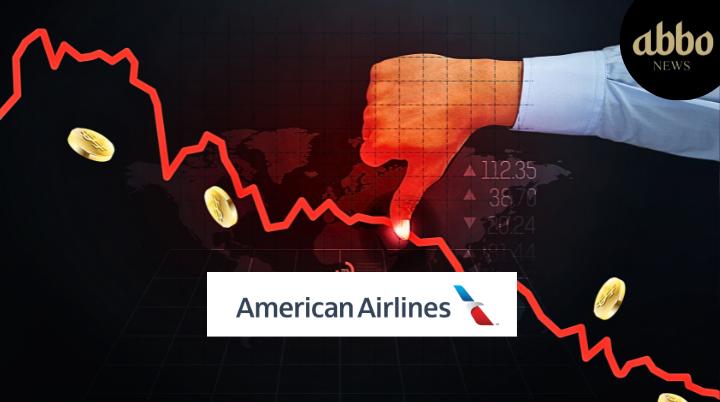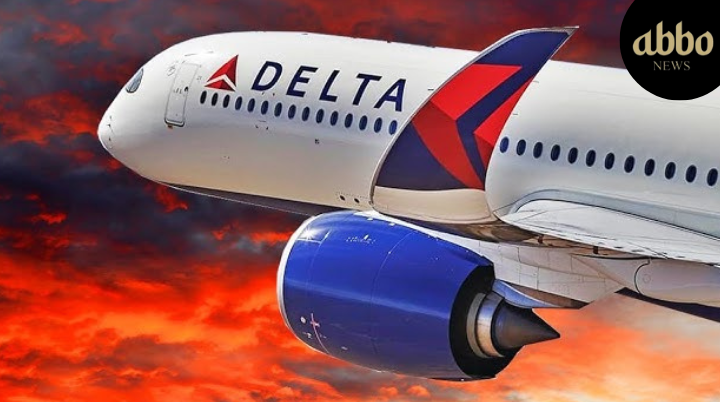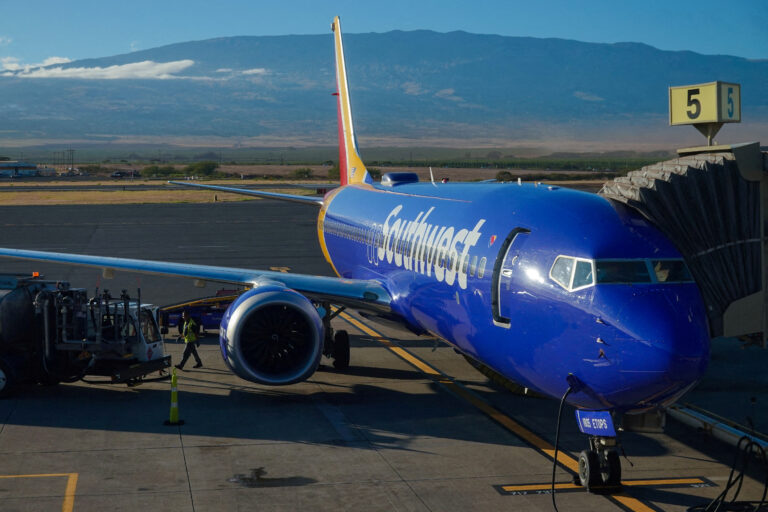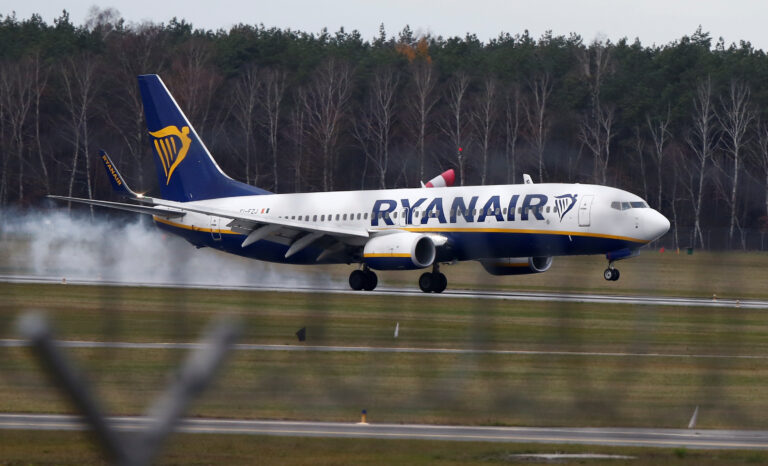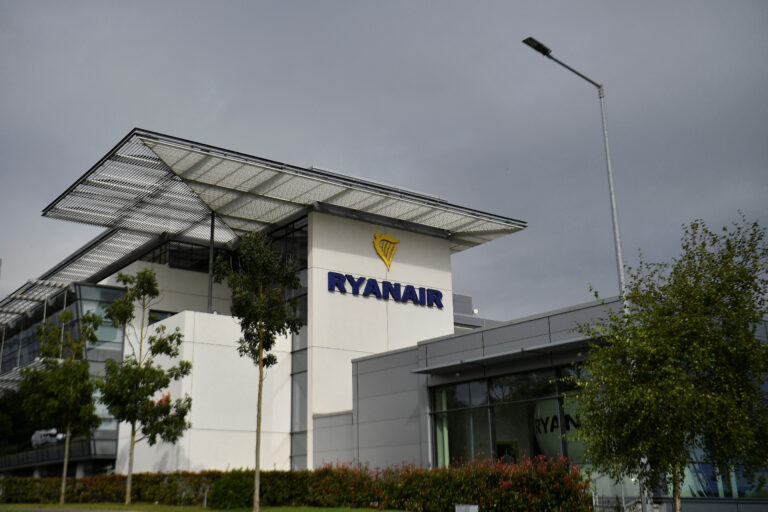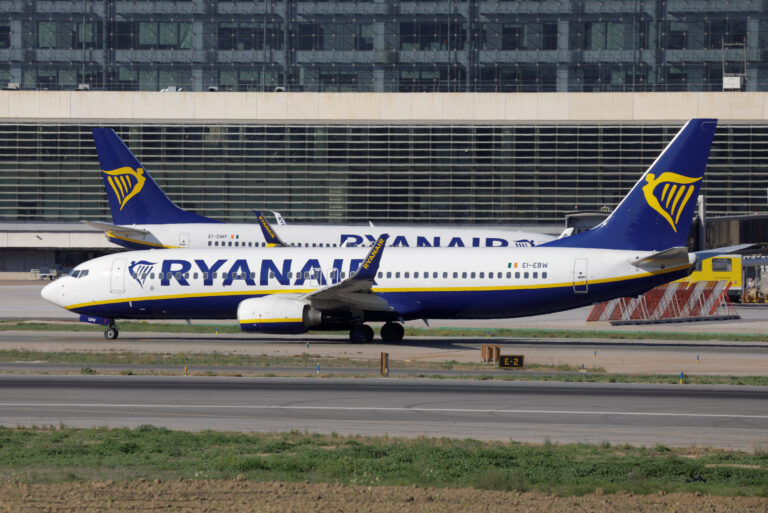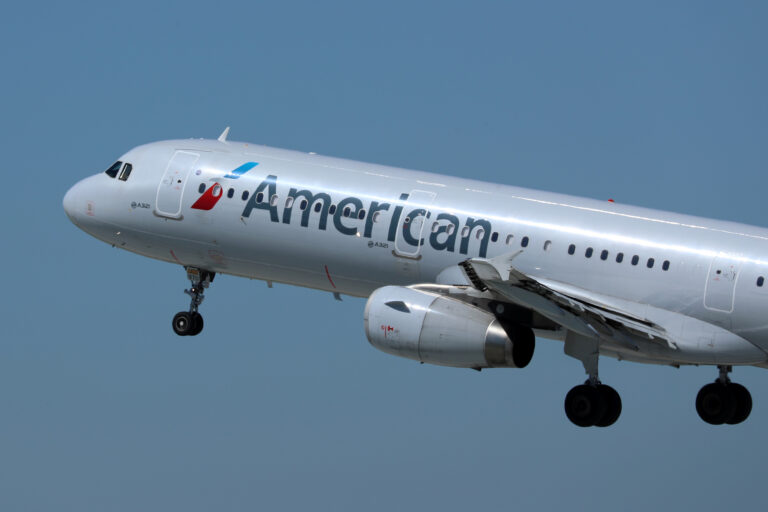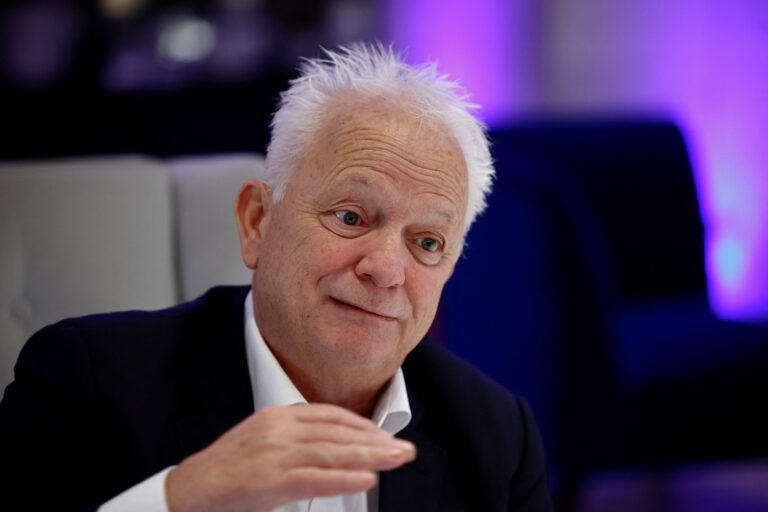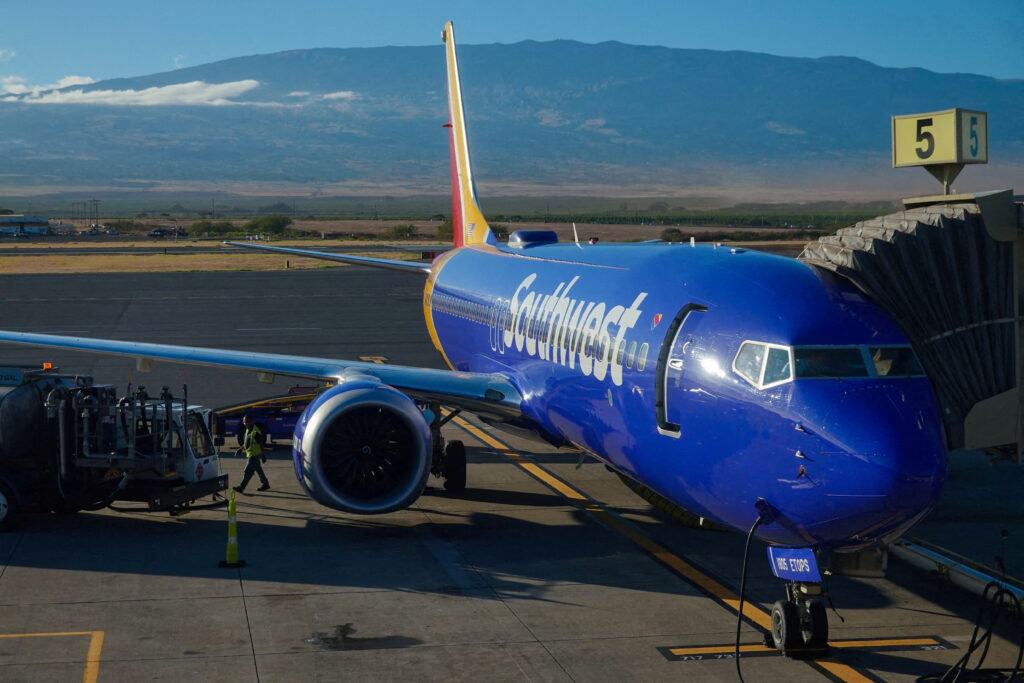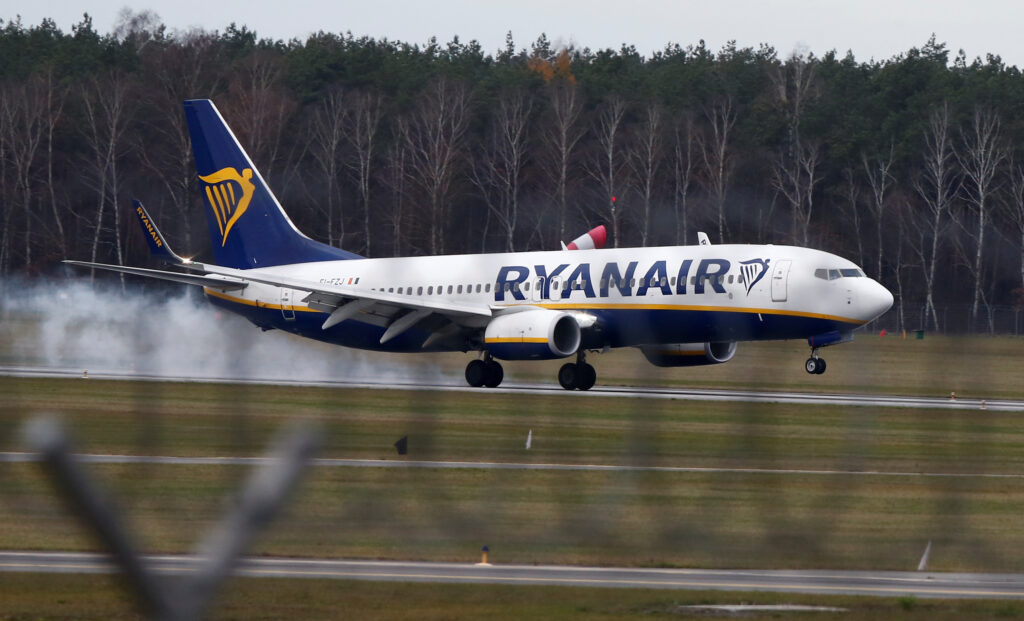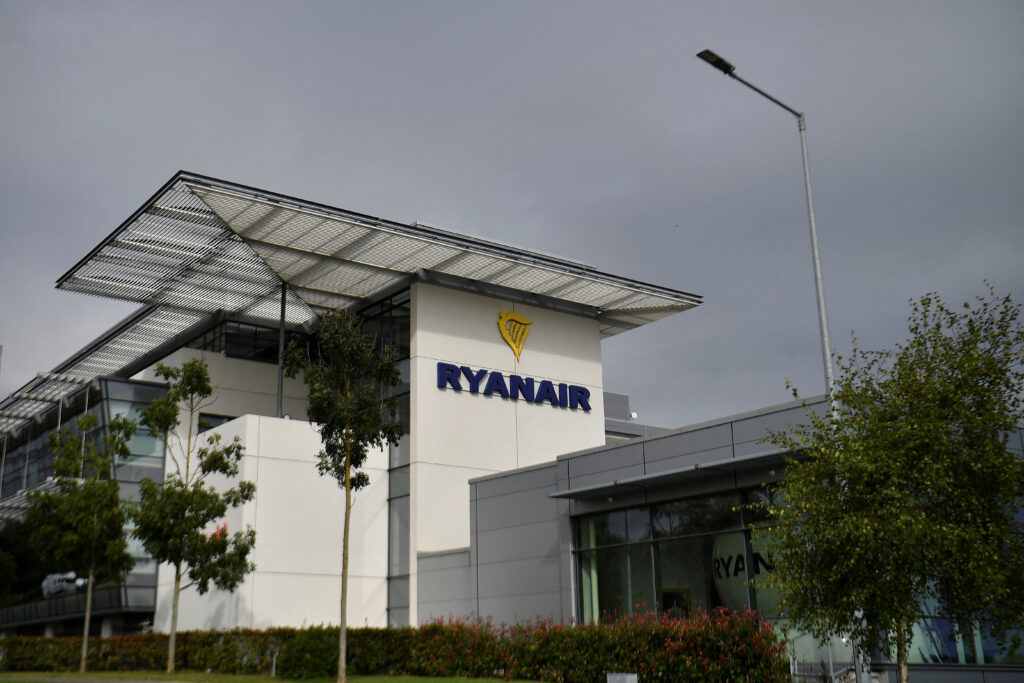CHICAGO – Among the big U.S. carriers, Delta Air Lines (NYSE: DAL) has assiduously built a reputation as a premium airline, touting its punctual and reliable operations relative to peers. But over the last several days, its brand image has been dented.
Following a global cyber outage, the Atlanta-based airline has been the slowest among major U.S. carriers to recover. Since last Friday, Delta has canceled more than 6,000 flights, leaving hundreds of thousands of travelers stranded. Analysts estimate the hit to its bottom line could be in the hundreds of millions.
Delta’s operations recovered on Thursday, with the carrier canceling just two flights as of 10:30 AM EST, according to data from FlightAware.
Its disruptions were the latest in a series of unexpected problems that have hit individual U.S. airlines over the last few years.
Last year, United Airlines (NASDAQ: UAL) bore the brunt of weather disruptions around the July Fourth holiday weekend. Southwest Airlines (NYSE: LUV) suffered an operational meltdown around the Christmas holidays in 2022 that upended travel plans for 2 million customers.
Before the cyber outage, Delta’s reputation was strong, with aviation analytics firm Cirium and consultancy OAG ranking it as the most punctual airline in North America in 2024 and 2023.
“That (premium) image has now taken a hit,” said Conor Cunningham, an analyst at Melius Research, adding the disruptions would result in a hit of at least $350 million to its operating margin in the September quarter.
Citi analyst Stephen Trent said flight cancellations and delays would reduce Delta’s third-quarter and full-year earnings by 60 cents a share each.
Meanwhile, Delta Air Lines (NYSE: DAL) expects adjusted profit between $1.70 and $2.00 per share in the September quarter. The company has not yet quantified the financial impact of the disruptions and declined a request for comment.
In an interview last year, Delta CEO Ed Bastian said running a reliable operation was the central tenet of its strategy to woo travelers willing to pay for something other than just a seat.
Delta (NYSE: DAL) attributed its problems to a faulty software update by global cybersecurity firm CrowdStrike, which it said left about 60% of its most critical applications inoperable.
The airline said its crew tracker application, which ensures all flights have a full crew in the right place at the right time, required the most time and manual support to synchronize.
The operational issues have left some of its loyal customers feeling frustrated and let down.
“For the last decade I’ve flown first class @Delta for every single flight,” wrote Jason Helmes on social media platform X. “Never again. Y(ou) all just lost a customer for life.”
It took Southwest about two quarters to recover from the so-called “bookaway effect” after the December 2022 holiday meltdown that led a lot of travelers to switch to other airlines. Some industry analysts say the meltdown’s impact lingered through all of 2023.
In a blog post, Bastian – who flew to the Paris Olympics on Wednesday where Delta is a U.S. team sponsor – apologized to customers and said Delta would resume normal operations on Thursday. However, some of its customers are asking how other major carriers were able to recover far more quickly.
“I think the problem runs deeper,” said Scott Spencer, president at digital engineering services firm Ascendion, who has been flying with Delta for 25 years. “My understanding is that Delta’s crew scheduling software was down as a result of increased loads.”
(Source: ReutersReuters)
